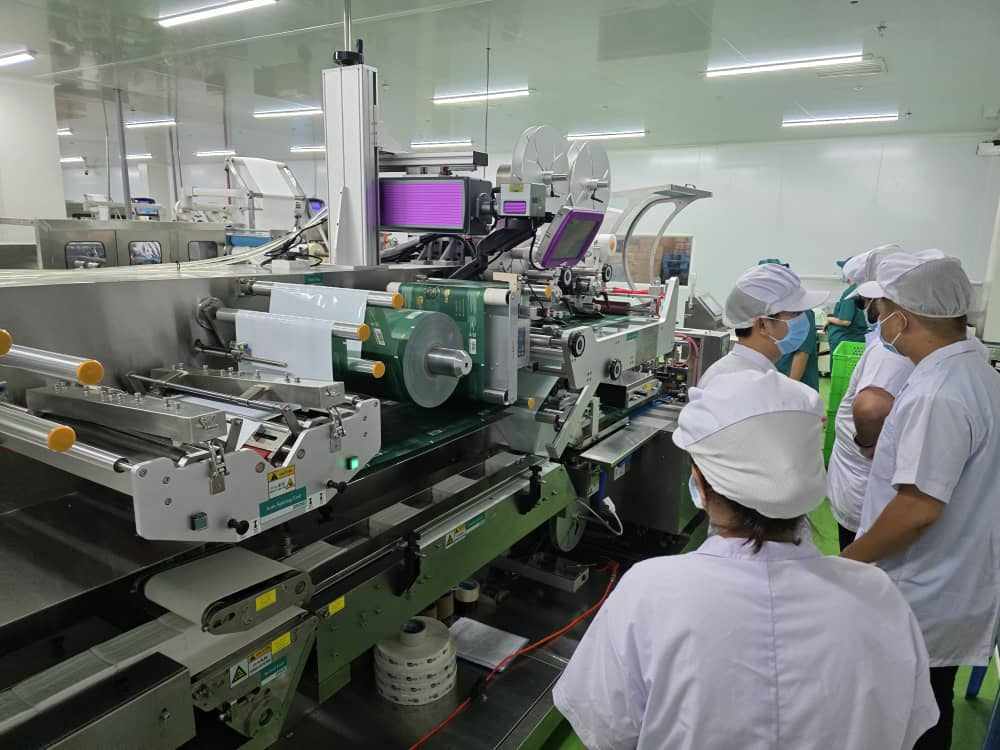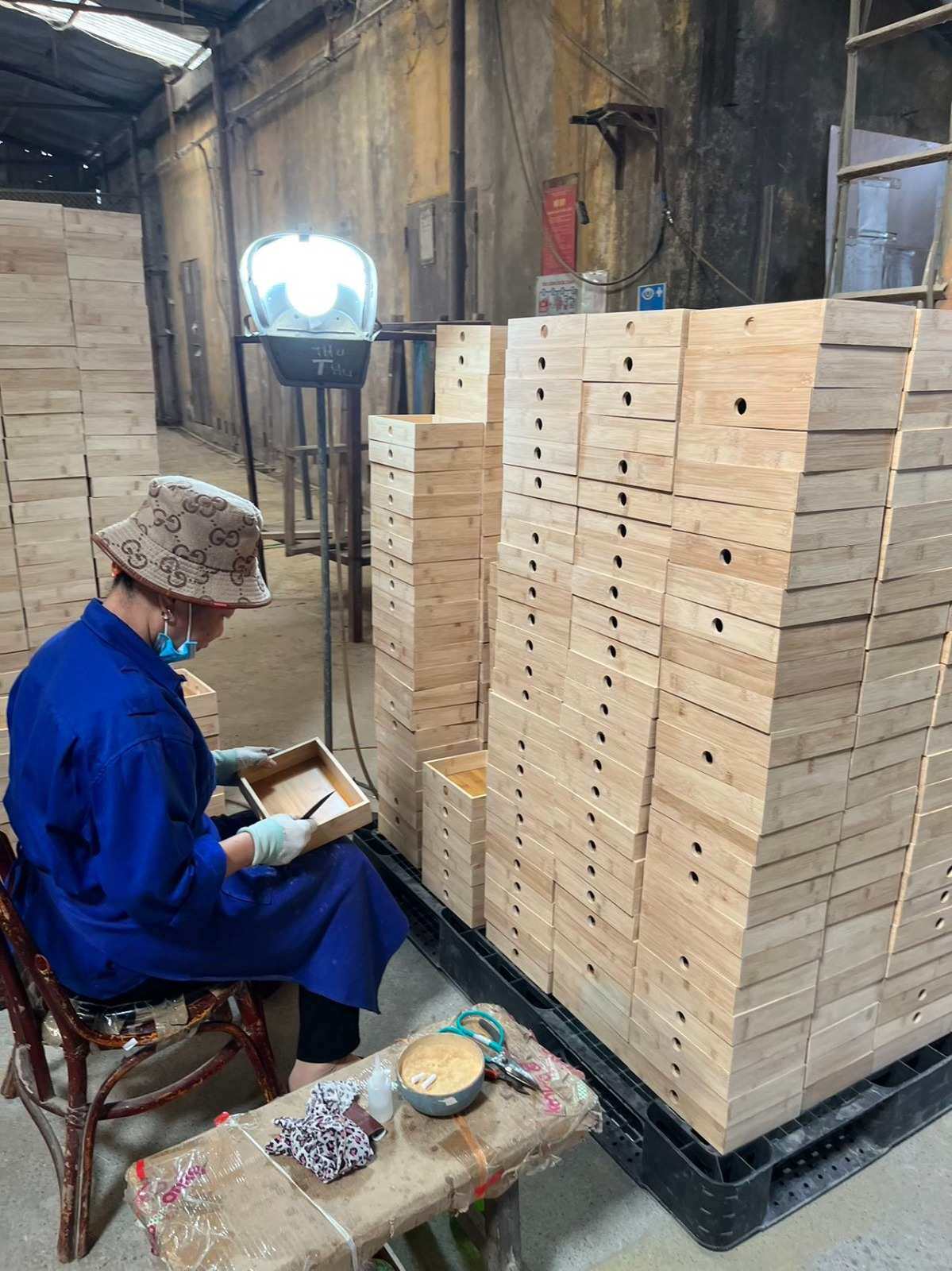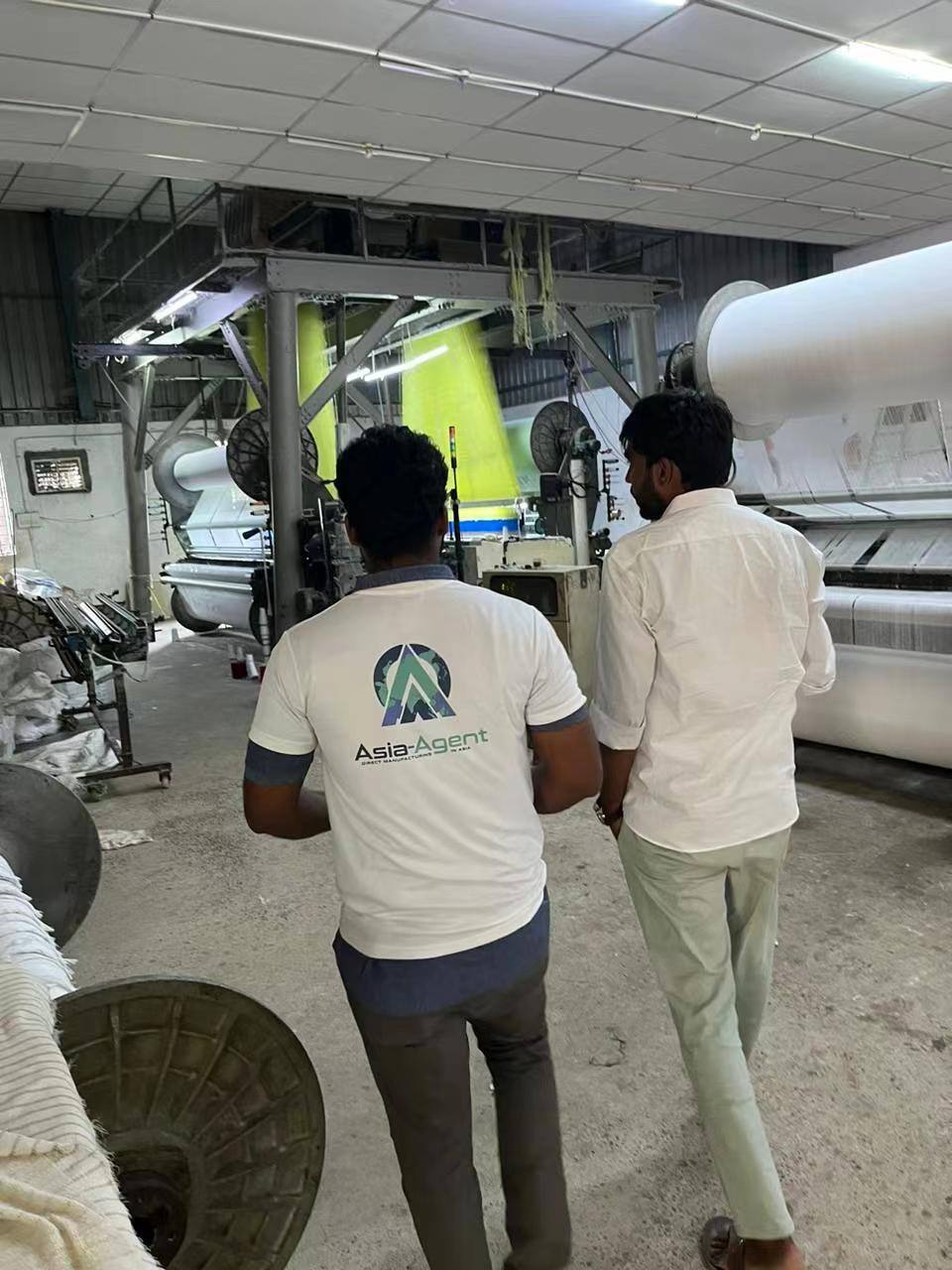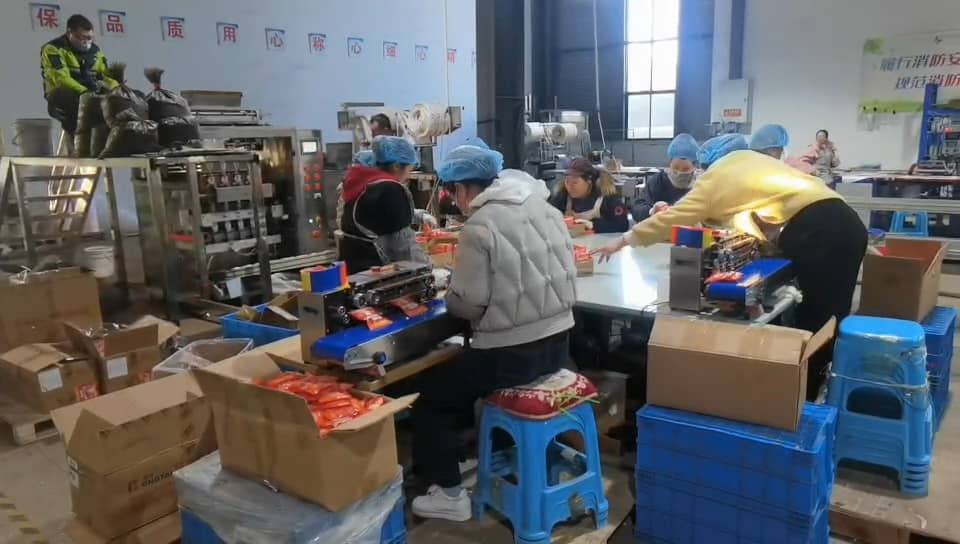Tariffs Dropped. Great. But Do You Actually Control Your Asia Supply Chain?
The U.S. just reduced tariffs on imports from China and several other Asian countries—down to 30% for the next 90 days.
That’s a temporary break. A headline. A distraction.
Because whether tariffs are up or down, the problem for most brands is much deeper:
They don’t control their supply chain.
They don’t control the factory.
They don’t control the BOM.
They don’t control the quality, the timeline, the contract, or the exit strategy.
So when the next tariff hits—or when a container gets held, a compliance standard changes, or a supplier goes silent—they’re stuck.
At Asia Agent, we don’t sell “sourcing help.” We sell control.
And control is the only defense that works—tariff or no tariff.
What Most Brands Think They Have vs. What They Actually Have
They think: “I work with a factory.”
Reality: They’re dealing with a middleman.
They think: “We’ve been working together for years.”
Reality: They have no contract enforceable in the supplier’s home country.
They think: “We’ve never had a problem.”
Reality: They’ve just never checked the packaging materials, verified the BOM, or tracked raw material substitutions.
And the worst part?
When something breaks, they have no plan.
Because they never had control in the first place.
The Cost of Not Being in Control
Let’s make it real. Here’s what happens when your supply chain is built on trust, not structure:
- The supplier delays your order, and you miss your launch.
- They swap materials, and you don’t find out until a customer complains.
- You want to move production, but they hold your molds.
- Your compliance fails at customs, and your shipment is seized.
- Your “direct” factory goes dark when a better-paying client walks in.
Whether you’re manufacturing in Vietnam, India, Bangladesh, Indonesia, or even still in China, the core issue isn’t the location.
It’s the fact that you’re not running the show—the supplier is.
Use the Tariff Pause to Take Back Control
For 90 days, costs are a little lower.
But real control? That’s what you should be fighting for.
Here’s how we help brands do it—step by step.
Step 1: Map the Real Supply Chain
We don’t guess. We dig.
We trace:
- Who owns the factory
- Where your BOM materials are actually sourced
- What your real cost structure looks like
- Which parts of your production are vulnerable
You can’t fix what you can’t see.
Mapping is how we bring it all into view.
Step 2: Visit, Verify, and Vet
We visit factories in person—across Vietnam, India, Bangladesh, Indonesia.
We check:
- Labor practices
- Equipment
- Inventory
- Paperwork
- Subcontracting behavior
You’re not making decisions based on a PDF catalog anymore.
You’re making them based on real intelligence.
Step 3: Lock It In With Contracts That Matter
We help you sign supplier agreements that are:
- Local jurisdiction
- Local language
- Enforceable
- Structured to protect your molds, IP, timelines, and margins
If you’ve been operating without enforceable contracts—this is where you start fixing that.
Step 4: Put a Team on the Ground
We assign local PMs, QCs, and legal support to:
- Track production
- Manage orders
- Handle issues before they escalate
- Keep the supplier in line
You don’t chase. You command.
Because your team is there, watching, reporting, and working for you—not for the factory.
Step 5: Build Your Next Option Before You Need It
Control also means flexibility.
We help you:
- Set up verified backup suppliers
- Duplicate tooling
- Store BOMs securely
- Prepare parallel production outside the original hub
So when something changes—tariff, policy, price—you don’t scramble.
You pivot.
Final Thought: Lower Tariffs Are Nice. Control Is Non-Negotiable.
Right now, costs are temporarily lower.
But the real question isn’t, “How much do you save this month?”
It’s:
- Do you know who really makes your product?
- Can you move your molds tomorrow if you had to?
- Can you stop a shipment if something’s wrong?
- Can you scale without losing quality?
If the answer is no—then lower tariffs won’t save you.
At Asia Agent, we don’t build supply chains that work when things go right.
We build ones that survive when everything goes wrong.
Let us help you take back control—while you still have time.




